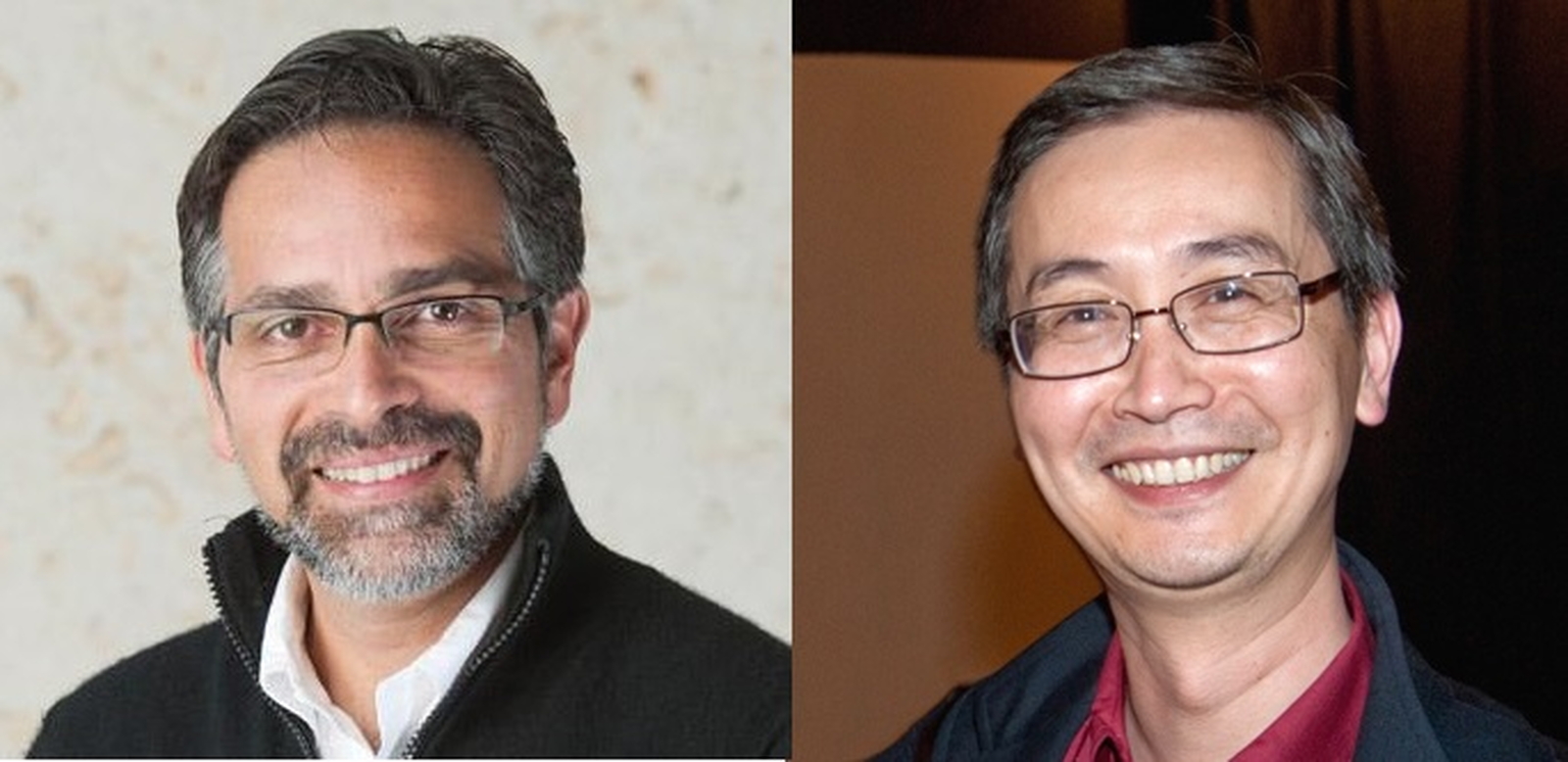As we age, humans experience noticeable differences in our bodies—including some undesired effects on muscle, healing ability, and pain susceptibility. While aches and pains are a natural part of growing older, there is much to learn about the aging human bodyby studying other organisms and their path through life. Two preeminent biologists will present research on aging and regeneration, and how their work advances our understanding of muscle degeneration, cancer, and other phenomena that come with age.
To Solve Old Problems, Research New Organisms:
Nature is wonderfully abundant, diverse, and mysterious—but biological research today tends to focus on just a few species, including rats, chickens, fruit flies and us. We're studying an astonishingly narrow sliver of life and hoping such effort will be enough to solve the oldest, most-challenging problems in science, such as degeneration, regeneration, and cancer. Dr. Sánchez Alvarado will make the case for why we must expand our interrogation of the unknown and illustrate the remarkable discoveries that surface when we do.
Dr. Alejandro Sánchez Alvarado: Investigator, Stowers Institute for Medical Research and Howard Hughes Medical Institute; Fellow, Marine Biological Laboratory, Woods Hole
Rejuvenating Muscle Stem Cells?
We age. In particular, age-associated decline in muscle mass, strength, and regeneration substantially impacts the mobility and quality of life of senior citizens. Understanding the aging process helps scientific pursuits to slow down or even reverse aging. I will present research on the causes of muscle stem cell aging and potential therapeutic strategies to rejuvenate aged muscle stem cells.
Dr. Chen-Ming Fan: Staff Scientist, Department of Embryology, Carnegie Science
#AgingAndRegeneration
